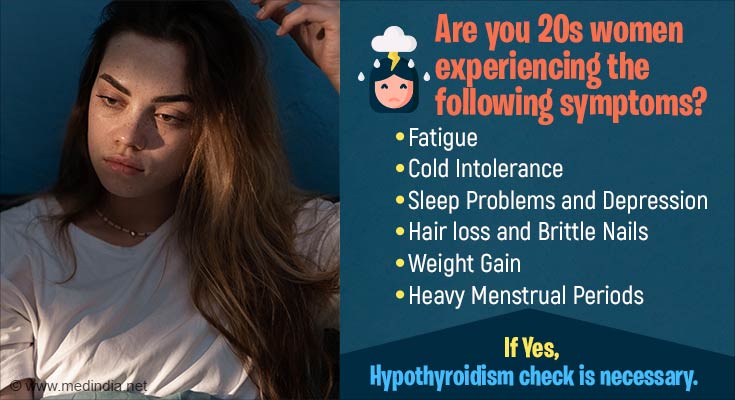The CDC analysed data from nearly 12,600 people who received a third dose of Pfizer-BioNTech’s Covid vaccine. They showed that side effects — which were described as mostly mild to moderate, and occurring the day after vaccination — were prevalent at similar rates to those from a second vaccine dose during the regular course.
As per the agency, nearly 3.4 million people have received a third dose of the Covid vaccine since August 13. The US, last month, rolled out third doses for immunocompromised people. Last week, it was extended for workers in high-risk jobs and people with underlying medical conditions.
Uptake of boosters is expected to be strong, with 1 million Americans already having scheduled appointments to receive their third dose of the Pfizer-BioNTech vaccine, the report said.
Earlier in August, an Israeli survey showed that nearly 88 per cent people felt “similar” or “better” after taking Pfizer’s booster jab compared to how they felt in the days following receiving the second vaccine. Majority experienced similar or fewer side effects than their second dose, the survey showed.
Meanwhile, Anthony S. Fauci, Director of the National Institute of Allergy and Infectious Diseases, on Tuesday said that he believes a booster shot for the mRNA coronavirus vaccines will be part of the “proper, complete regimen”, the Post reported
“Ultimately I believe that the optimal regimen for the vaccine for the mRNAs is going to include that third booster shot,” he was quoted as saying at the Atlantic Festival.
While it is not yet clear whether people will need a booster shot every year, third doses will be crucial, he added.
However, several scientists, including those from the World Health Organisation, have condemned the move for boosters by rich nations, as many low-income countries are yet to receive the first dose against the deadly infectious disease.
Source: IANS



